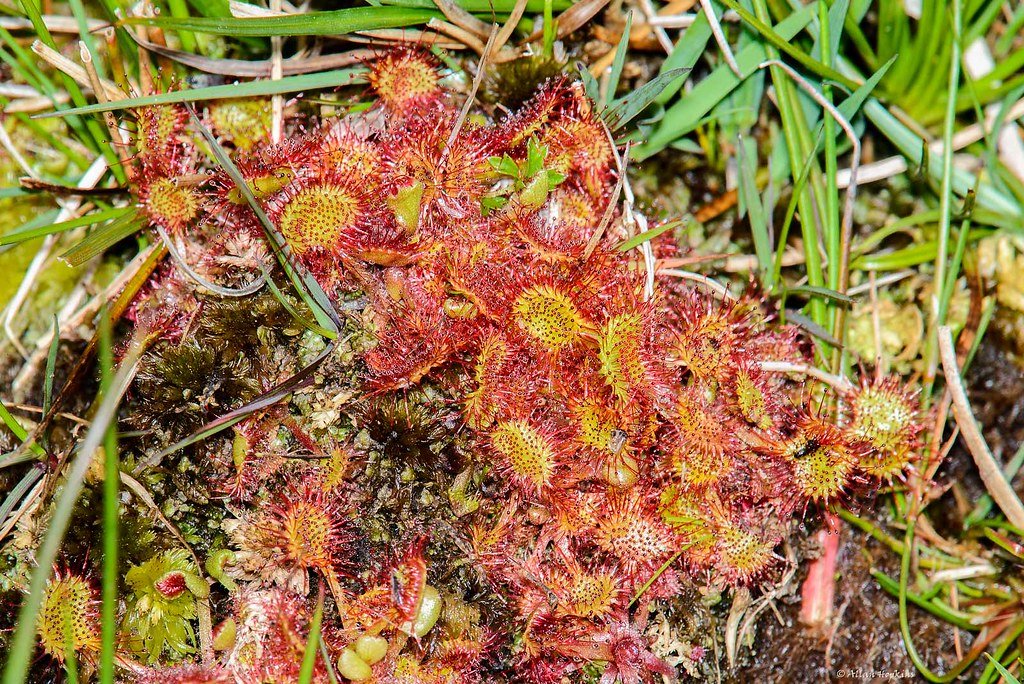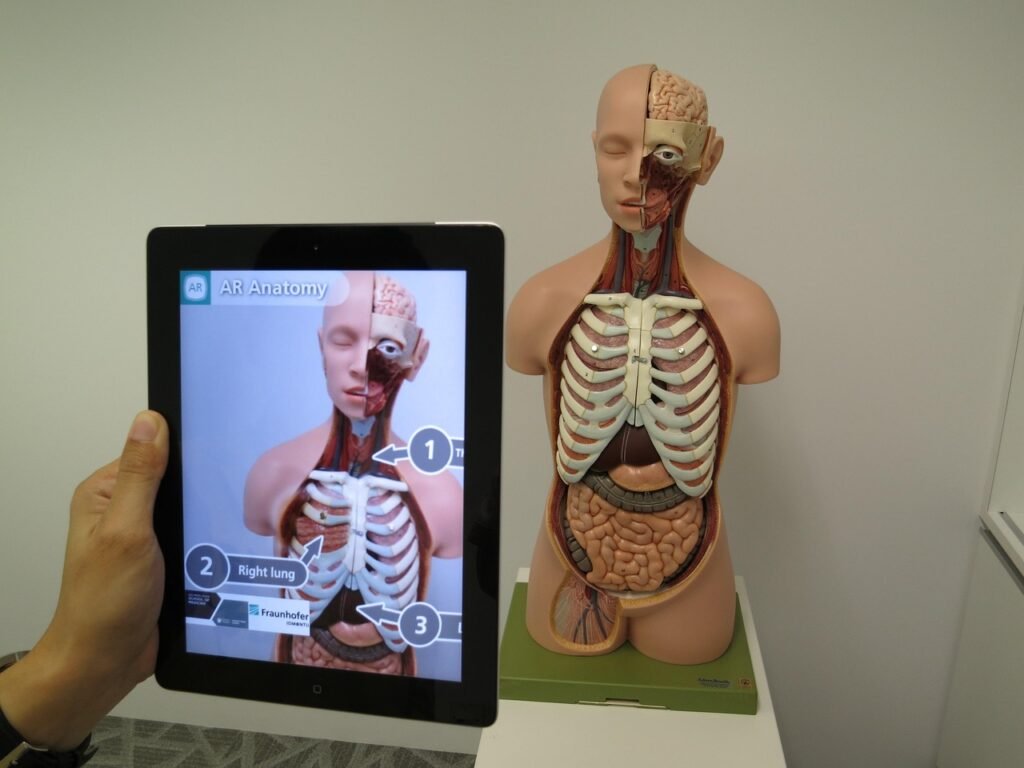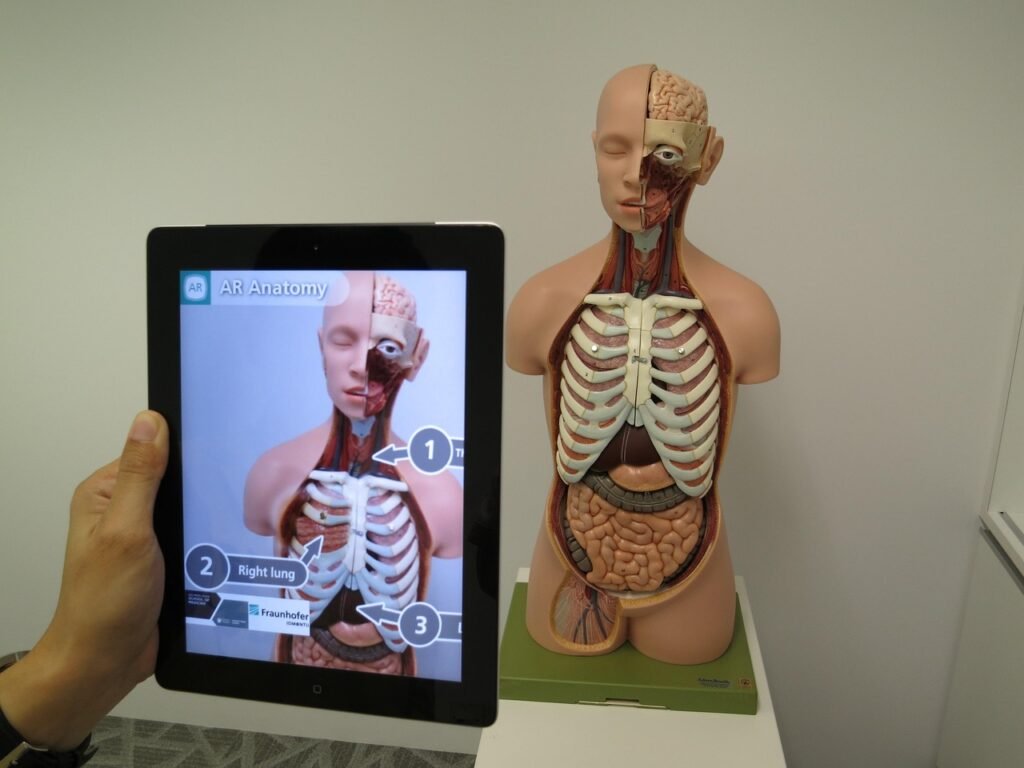This Fungus Eats Your Lungs From the Inside Out (But Only in the Right Conditions)
Imagine waking up one morning struggling for breath, a dull ache deep in your chest, and a relentless cough that refuses to fade. Now, picture learning that the true culprit is not a virus or bacteria, but a silent invader—an invisible fungus quietly feasting on your lungs from within. This isn’t science fiction. Under the ...











